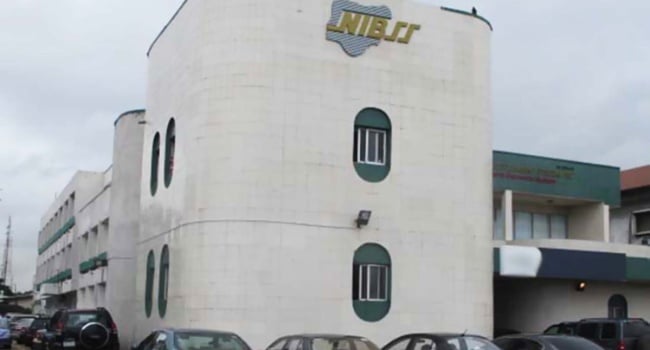A federal high court in Abuja has affirmed the legality of the Nigeria Inter-Bank Settlement System Plc (NIBSS) as the manager of the bank verification number (BVN) database.
In a judgment delivered on Friday, James Omotosho, presiding judge, ruled that NIBSS operations are consistent with the Central Bank of Nigeria (CBN) Act and other relevant financial laws.
NIBSS, represented by Wolemi Esan, a senior advocate of Nigeria (SAN), filed the suit.
The case listed the Incorporated Trustees of Digital Rights Lawyers Initiative, the CBN, and the attorney general of the federation (AGF) as first to third defendants.
Advertisement
NIBSS sought a declaration affirming that its management of BVN data does not violate Nigerians’ constitutional right to privacy or any other existing laws.
It also requested a perpetual injunction restraining any entity or individual, including the Digital Rights Lawyers Initiative, from contesting its statutory role.
The company argued that it was empowered to develop and regulate a nationwide infrastructure for electronic payments and fund transfers, and that the BVN system falls within this mandate.
Advertisement
NIBSS accused the Digital Rights Lawyers Initiative of repeatedly filing lawsuits, directly or through proxies, challenging its authority and claiming privacy rights violations.
In support, Kofo Abdulsalam-Alada, counsel for the CBN, filed a counter-affidavit stating that NIBSS’s role in managing the BVN database is lawful, constitutionally approved, and essential for financial security and system stability.
He cited Section 47(2) of the CBN Act (2007) and provisions of the Banks and Other Financial Institutions Act (BOFIA) 2020 to affirm the CBN’s authority to establish and regulate payment systems.
Delivering judgment, Omotosho ruled that the BVN initiative does not infringe on privacy rights and affirmed NIBSS’s authority to maintain the system.
Advertisement
He noted that the CBN’s regulatory powers are well-established in BOFIA 2020 and relevant laws.
“NIBSS has the power to manage the BVN. The court grants the reliefs of NIBSS as prayed,” the judge ruled.
He also issued a perpetual injunction restraining the Digital Rights Lawyers Initiative and any other parties from challenging NIBSS’s management of the BVN.
Omotosho concluded that the judgment is a judgment in rem, binding on all persons and entities unless overturned on appeal.
Advertisement
A judgment in rem is a court ruling that is binding on the whole world, rather than just the parties involved in the lawsuit.
Advertisement









